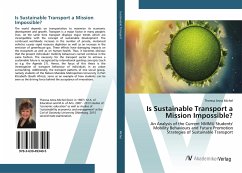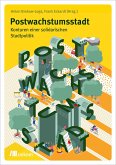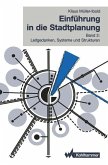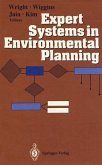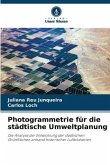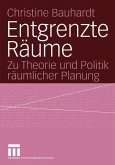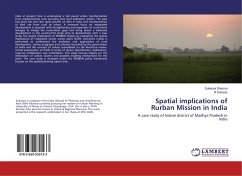The world depends on transportation to maximize its economic development and growth. Transport is a major factor in many people's lives. At the same time transport displays major trends which are incompatible with the concept of sustainable development. The continued worldwide increase in the number of private, motorised vehicles causes rapid resource depletion as well as an increase in the emission of greenhouse gas. These effects have damaging impacts on the ecosystem as well as on human health. Thus, it becomes obvious that the present individuals' mobility behaviours cannot continue in the same fashion. The necessity for the transport sector to achieve a sustainable future is recognized by international guiding concepts (such as e.g. the Agenda 21). Hence, the focus of this thesis is the investigation of transport behaviour of individuals in an urban surrounding. Additionally, the transport patterns of one social group, namely students of the Nelson Mandela Metropolitan University in Port Elizabeth (South Africa), serve as an example of how students can be seen as the driving force behind the acceptance of innovations.
Bitte wählen Sie Ihr Anliegen aus.
Rechnungen
Retourenschein anfordern
Bestellstatus
Storno

